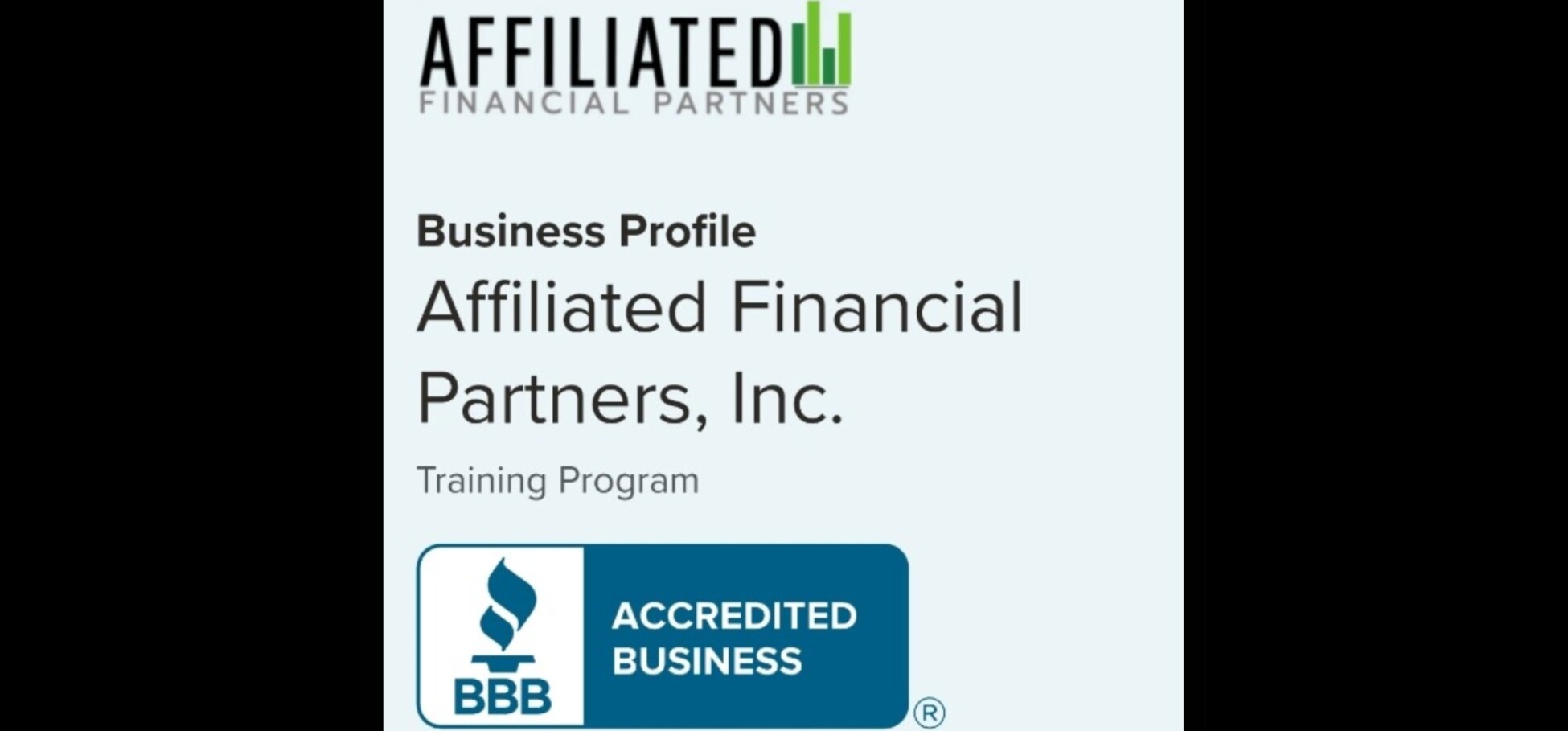
Danny Vesokie | Affiliated Financial Partners
EducationForum Replies Created
-
Danny Vesokie | Affiliated Financial Partners
MemberSeptember 5, 2024 at 12:33 am in reply to: Chase The German Shepherd Dog -
Danny Vesokie | Affiliated Financial Partners
MemberSeptember 3, 2024 at 11:38 pm in reply to: Is Kamala Harris That Much of an Idiot?Question!!! Is Kamala Harris that much of an idiot? Answer: Instead of calling Kamala Harris that much of an idiot, let me put it another way. Kamala Harris is not competent enough to become the president of the United States. On the contrary, Kamala Harris is extremely incompetent, and she will ruin America and put the American people in harm’s way. Her experience level is not even close to running in a small town. Kamala Harris is not intelligent and not a leader. She has never accomplished anything—a follower and not a leader. A Marxist and Socialist who doesn’t believe in the United States Constitution and believes in censorship and does not believe in Free Speech is anti-second Amendment and has no morals. Don’t vote for Kamala Harris. Disaster waiting to happen.
-
Danny Vesokie | Affiliated Financial Partners
MemberSeptember 3, 2024 at 10:48 pm in reply to: State of EconomyState of the economy in the United States is in crisis mode
Kamala Harris is absolutely
clueless about the economy. Kamala Harris is one of the dumbest dingbats alive. Numb nuts thinks Bidenomics is the best thing next to slice bread. Forget politics. DO NOT VOTE FOR THIS IDIOT KAMALA HARRIS
-
Danny Vesokie | Affiliated Financial Partners
MemberSeptember 3, 2024 at 10:18 pm in reply to: Is Kamala Harris That Much of an Idiot?Kamala Harris, the Democrat Presidential Nominee, doesn’t believe in the First Amendment. Kamala Harris does not believe in free speech. This is no surprise about the Marxist Socialist Kamala Harris. Harris is a nightmare from Hell waiting to happen. Harris fully believes in Censorship, and her just being an idiot is a Godsend. She’s beyond being that much of an idiot. Kamala Harris is a danger to our freedom and democracy.
-
Danny Vesokie | Affiliated Financial Partners
MemberAugust 30, 2024 at 3:51 pm in reply to: Is Kamala Harris That Much of an Idiot? -
Danny Vesokie | Affiliated Financial Partners
MemberAugust 29, 2024 at 9:00 pm in reply to: Is Kamala Harris That Much of an Idiot?You cannot make this up. Is Kamala Harris that much of an idiot? LMAO. Idiot is an understatement. Here’s a great video from Kevin _24x7. A classic video. Where does this dumbshit come from. Kamala Harris needs to donate her brain
science
-
Danny Vesokie | Affiliated Financial Partners
MemberAugust 27, 2024 at 2:59 pm in reply to: Most Corrupt Cop in AmericaCorruption in the police department includes arrogant, ego-driven cops.
-
Danny Vesokie | Affiliated Financial Partners
MemberAugust 27, 2024 at 5:57 am in reply to: Most Corrupt Cop in AmericaMore videos of corrupt cops.
-
Danny Vesokie | Affiliated Financial Partners
MemberAugust 27, 2024 at 5:26 am in reply to: Most Corrupt Cop in AmericaCops are out of control. We need police reform. Watch this video. Totally out of control









